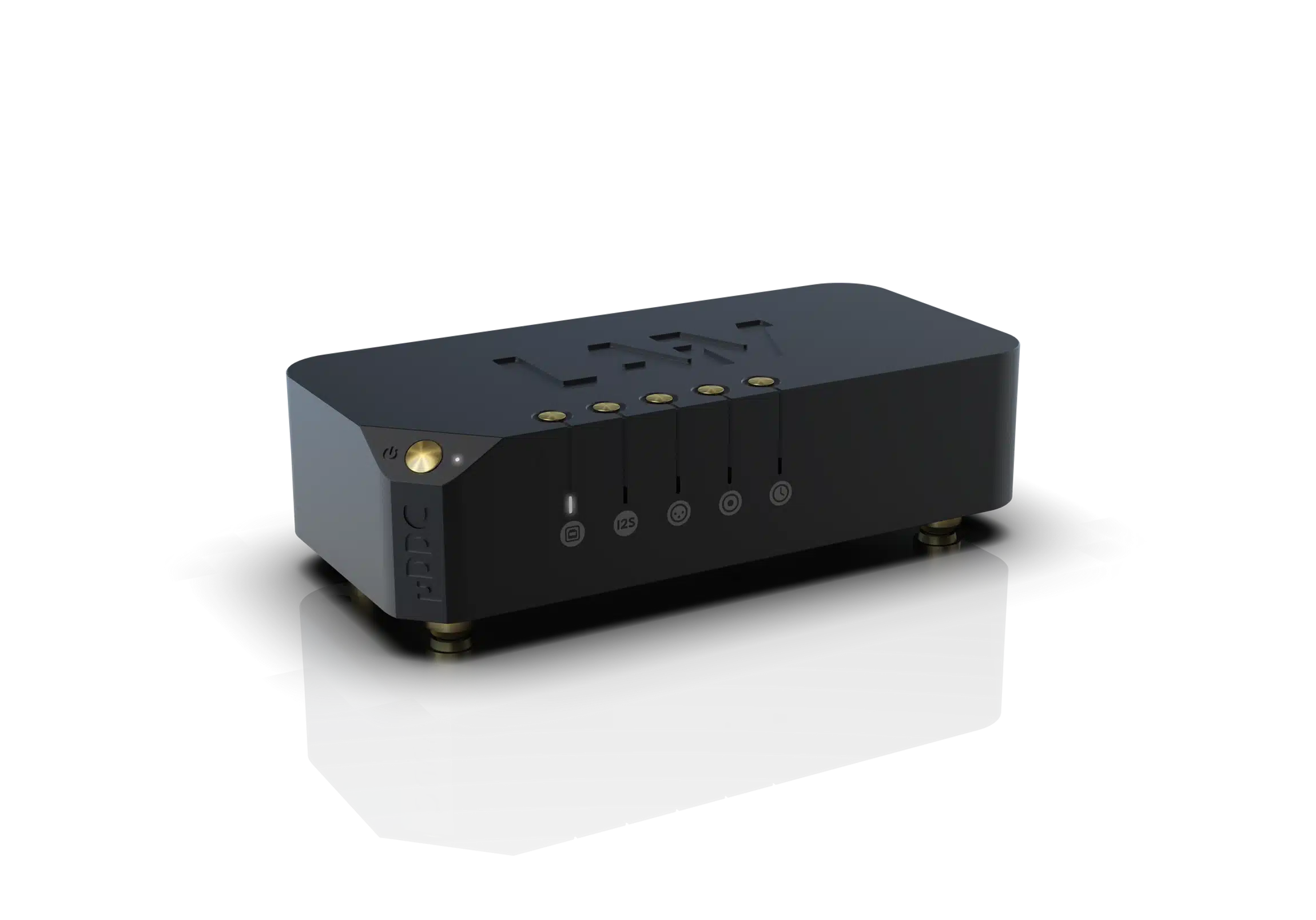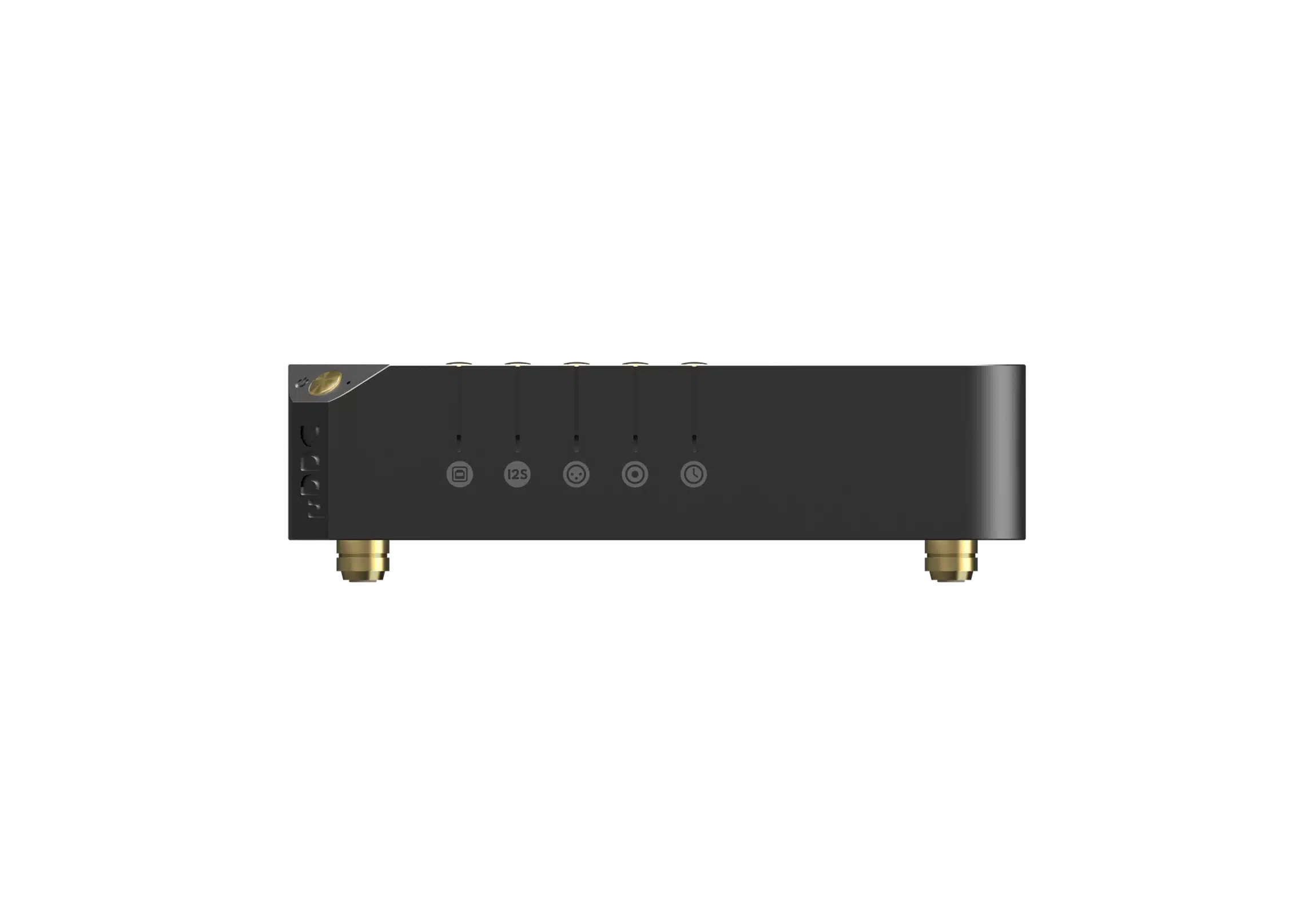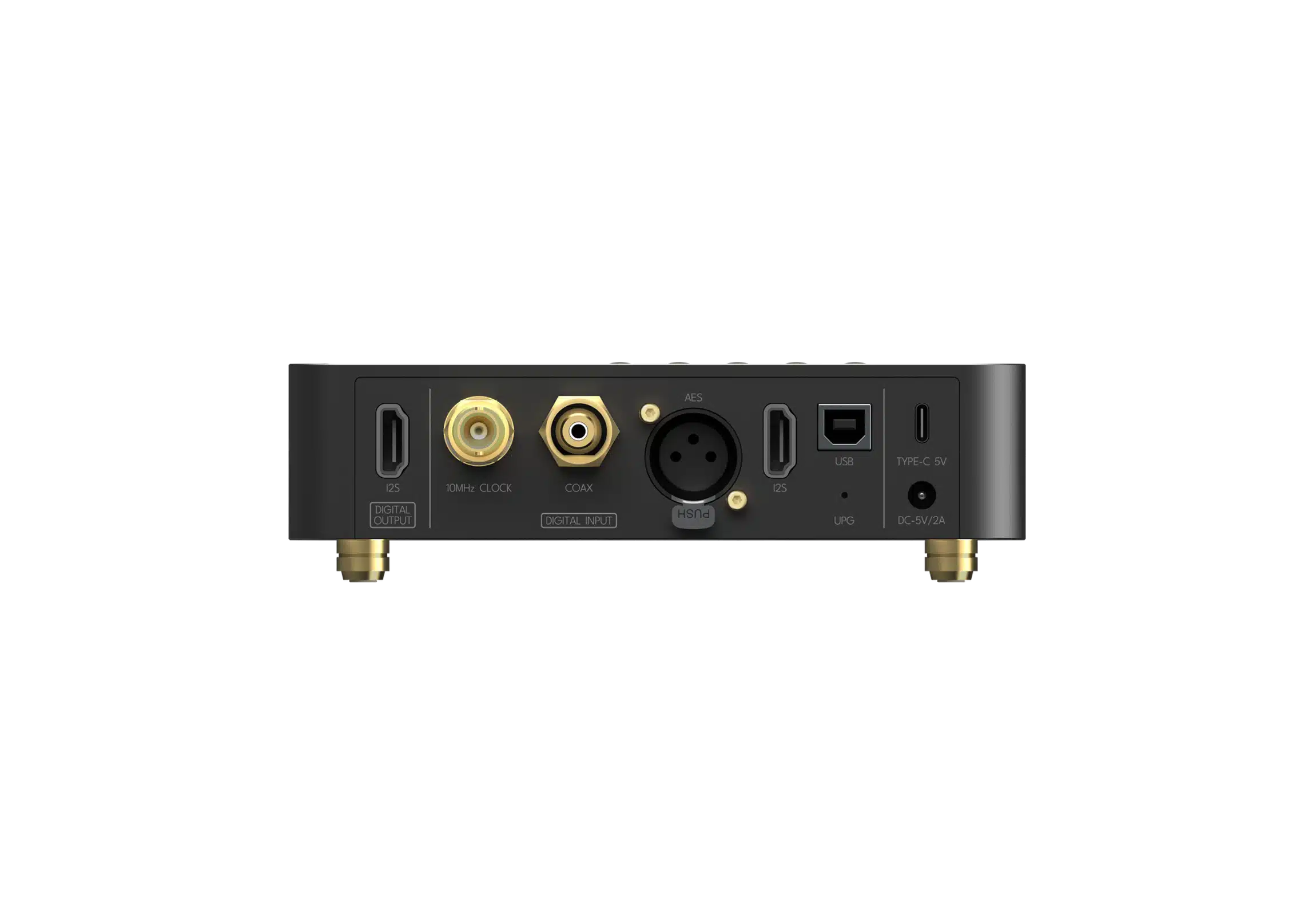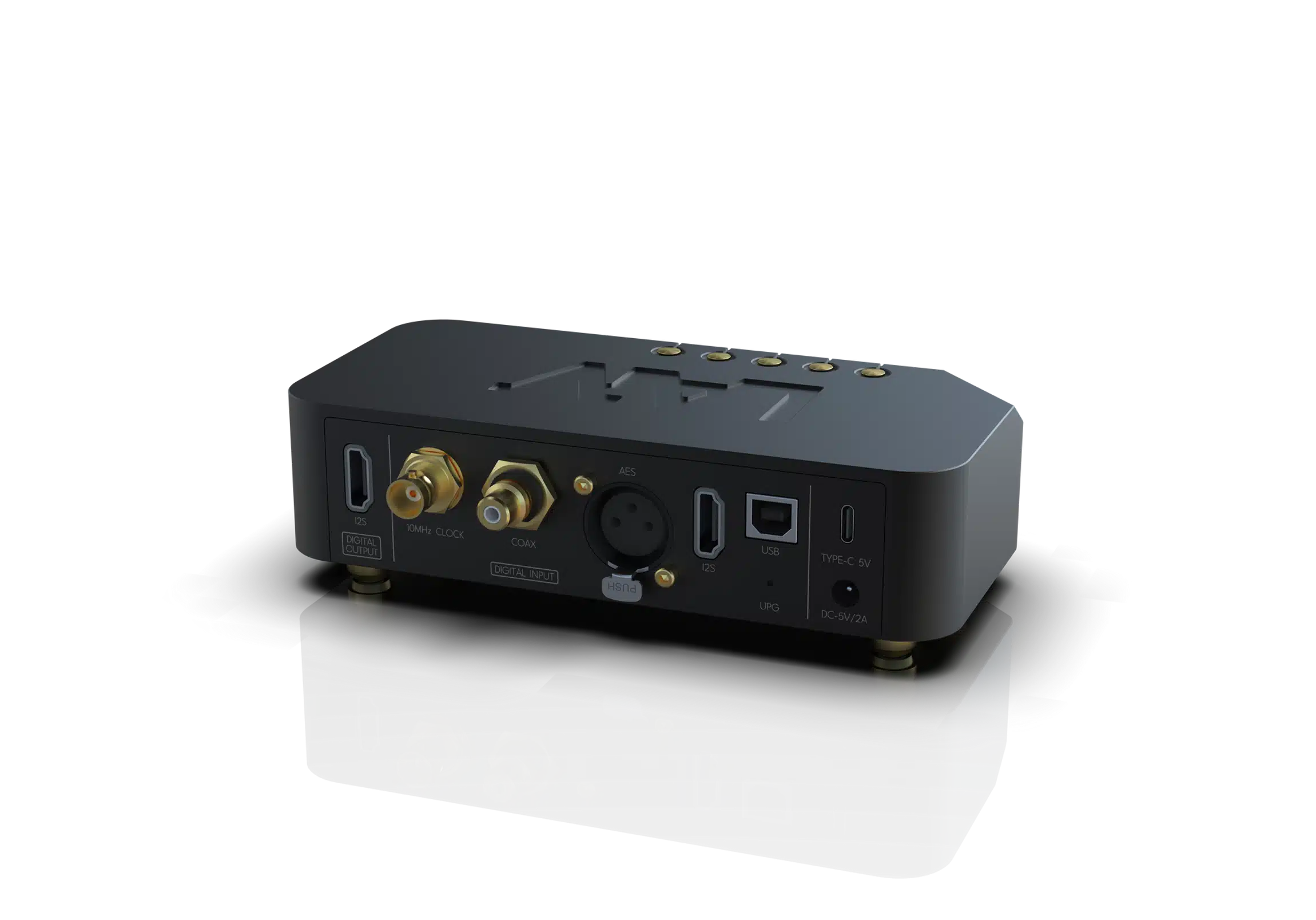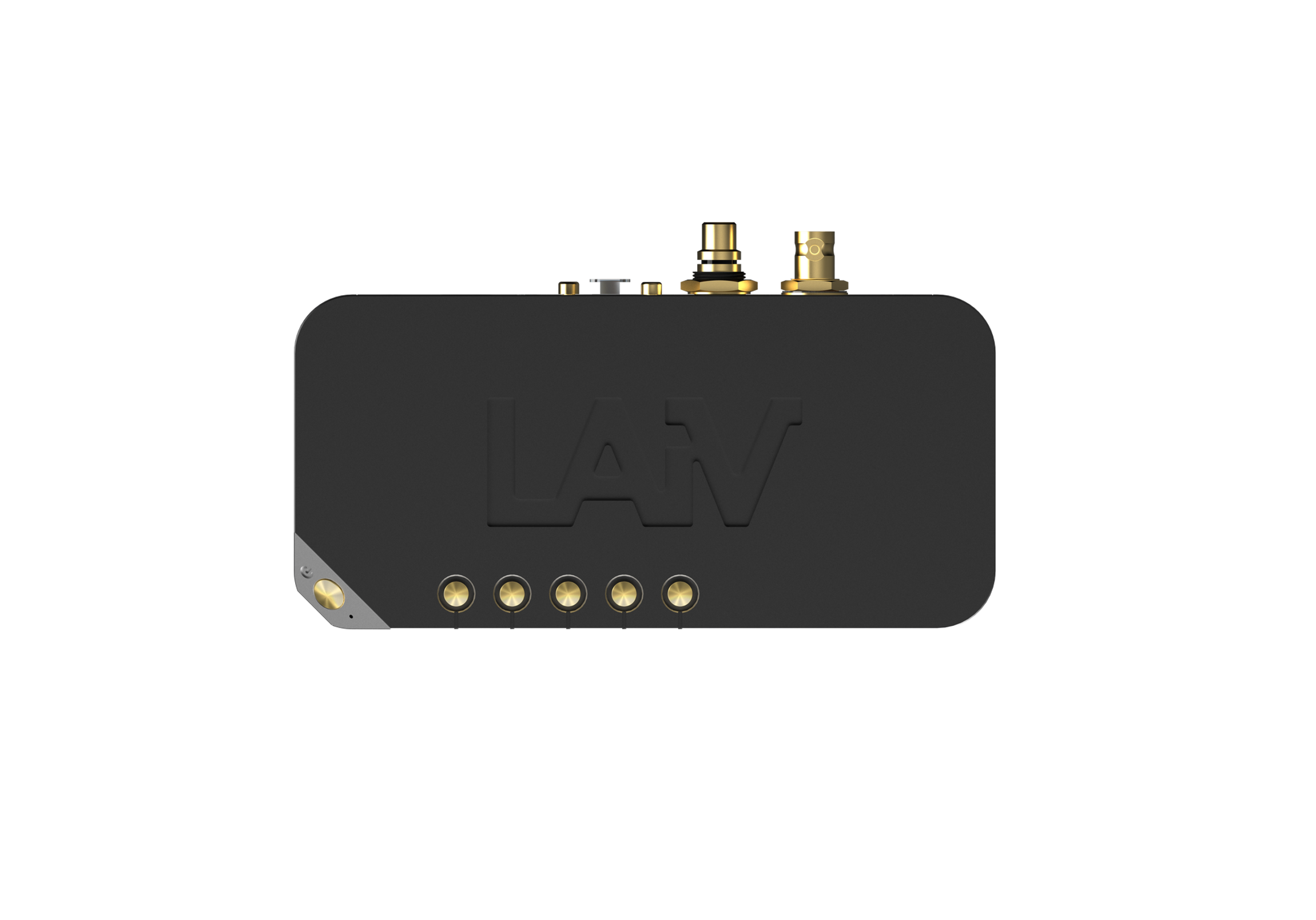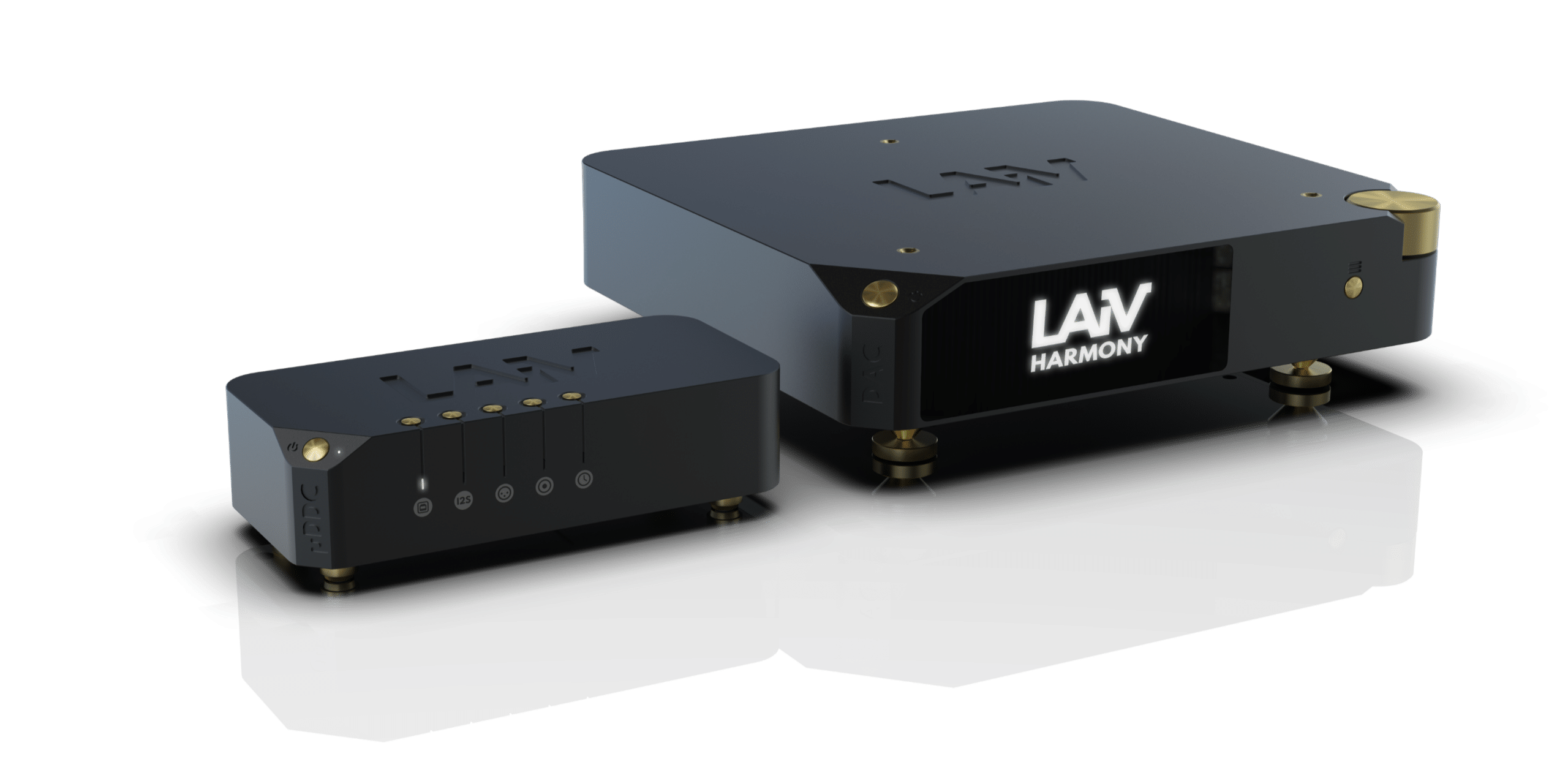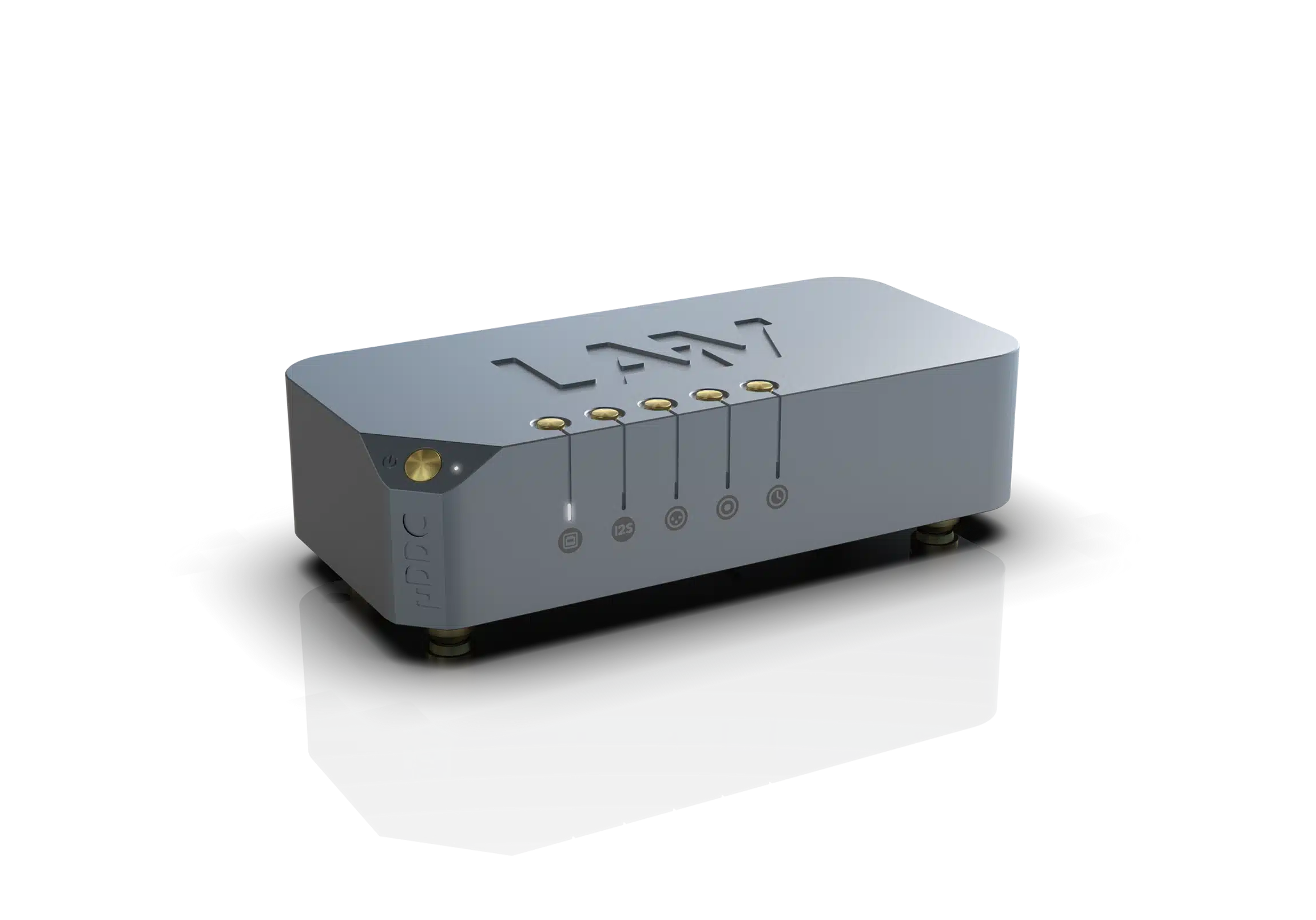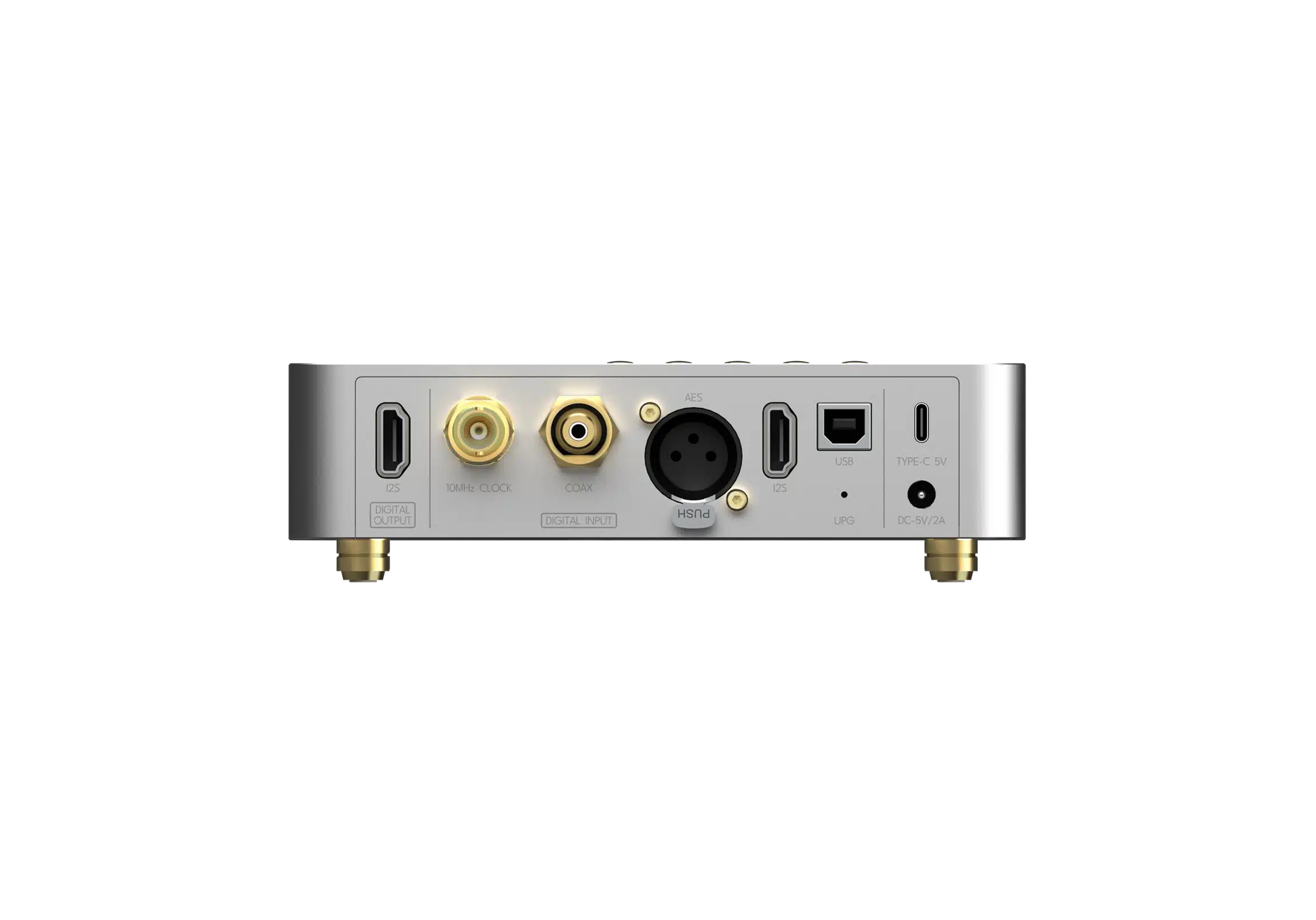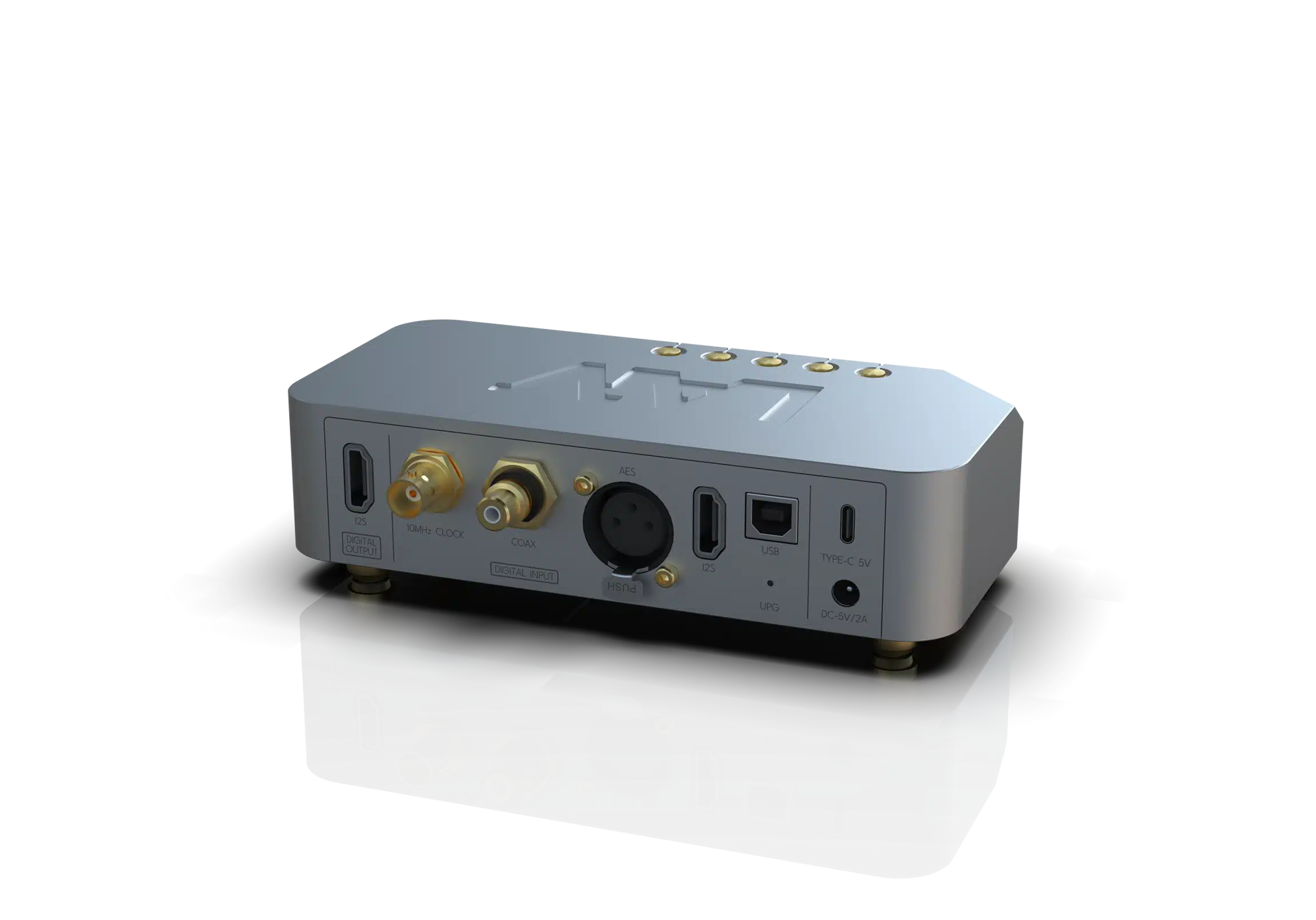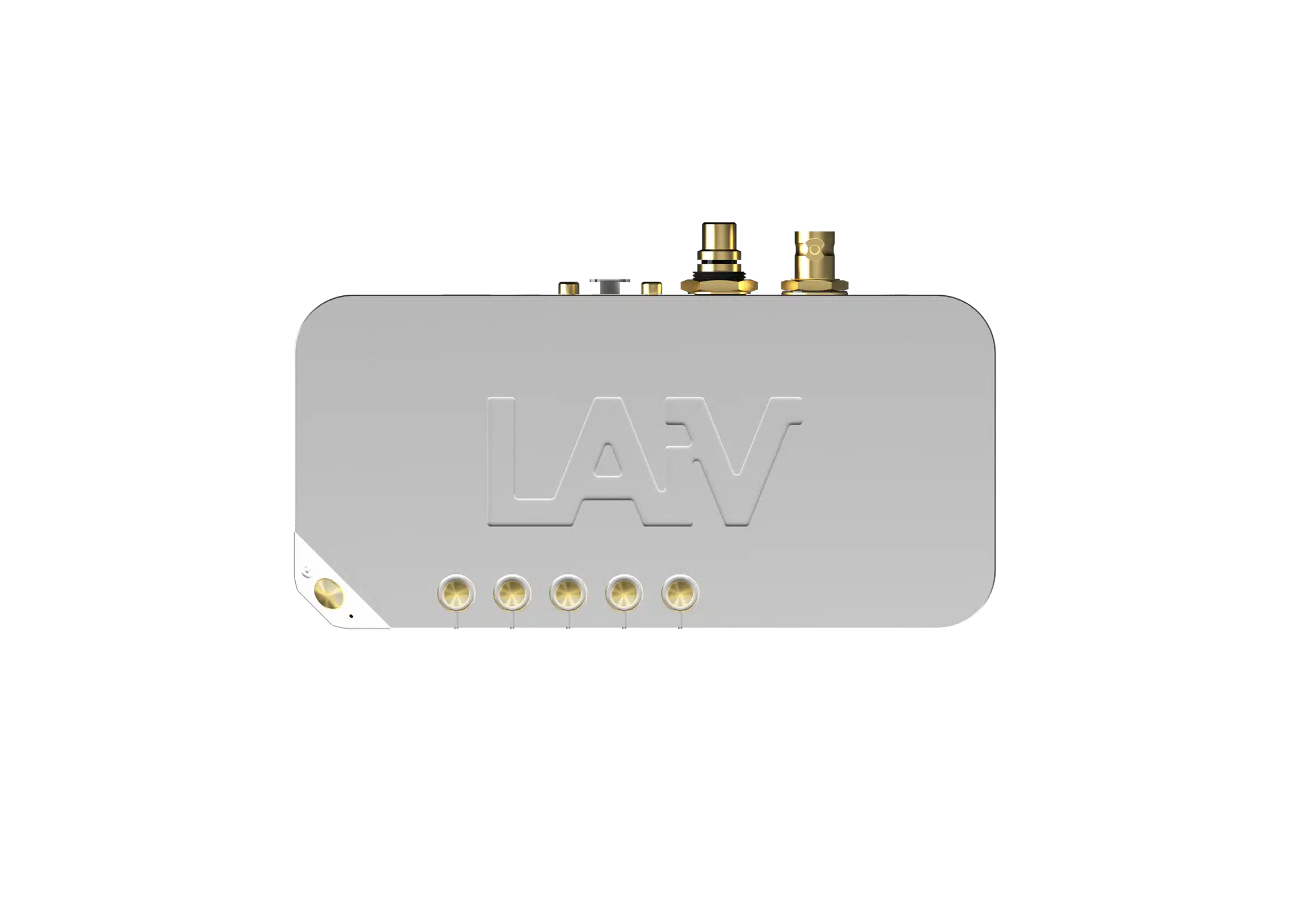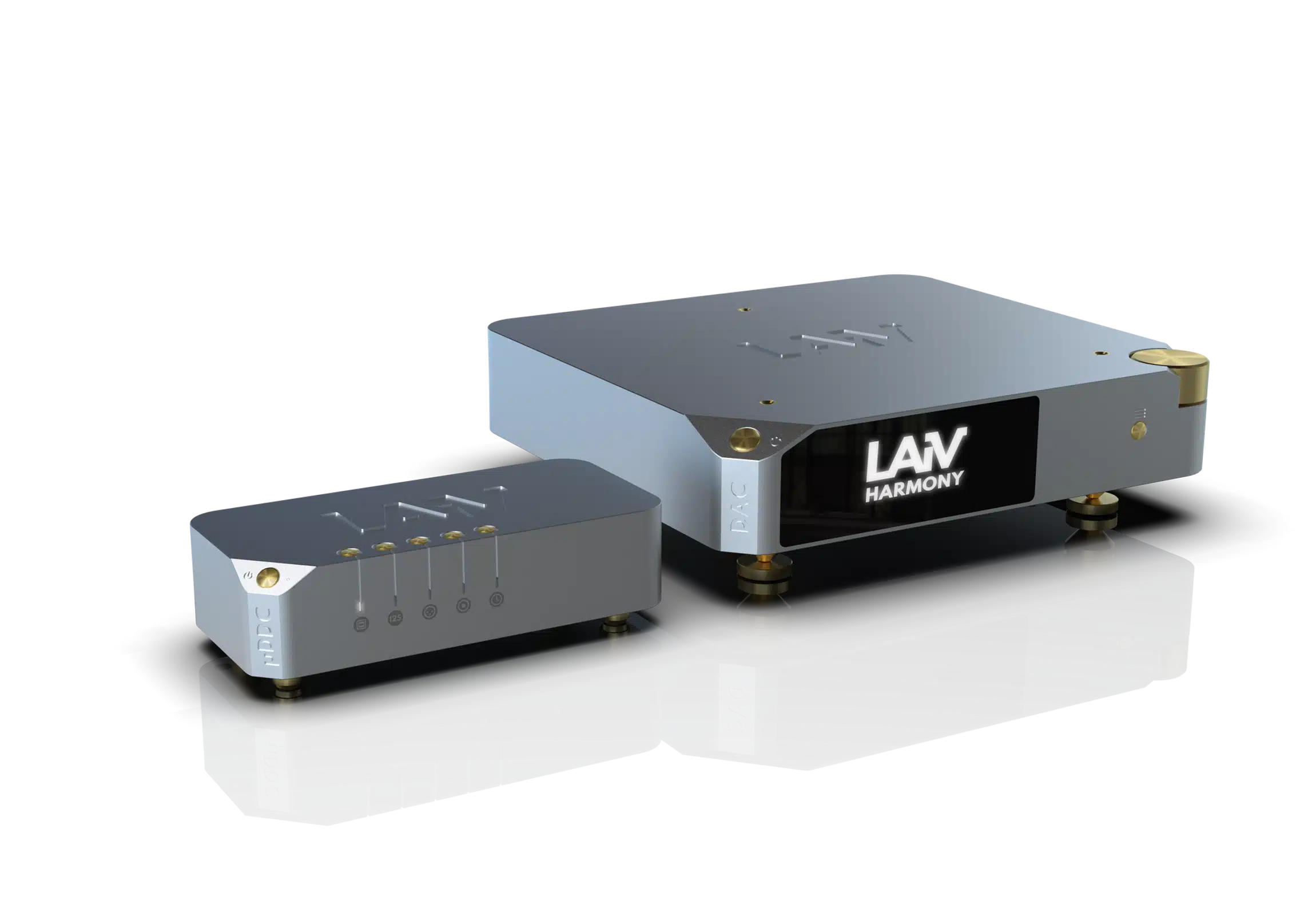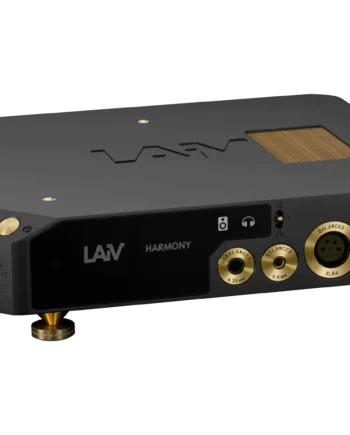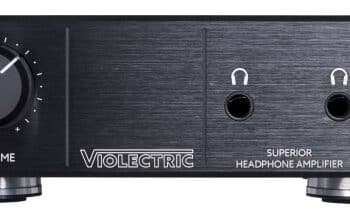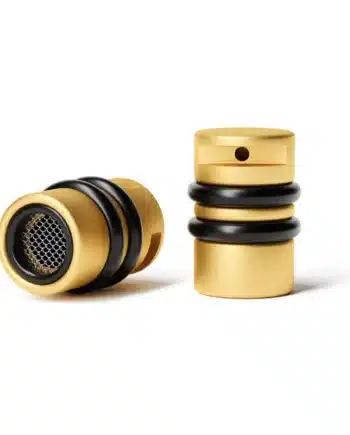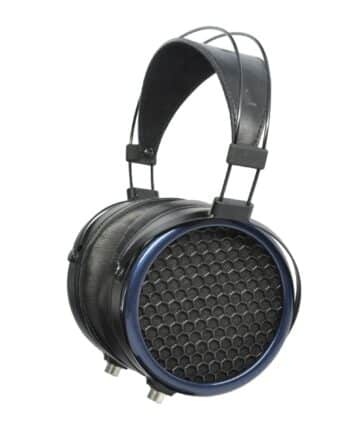Description
Key Features:
Pure Digital Signal, Elevated
- The µDDC is built with jitter-reduction technology that ensures a clean, precise signal to your DAC. You’ll notice tighter bass, a clearer soundstage, and incredible detail across your favorite tracks.
Flexible Connectivity
- Input: USB-C for easy, modern compatibility.
- Outputs: Coaxial, Optical, and I2S for seamless integration with a wide variety of DACs.
Audiophile-Grade Performance
- Supports high-resolution audio up to PCM 32-bit/768 kHz and DSD512, so it’s ready to handle anything you throw at it.
- Powered by ultra-precise clocks to reduce jitter and improve timing accuracy.
Built to Impress
- Housed in a sleek, durable aluminum chassis, it looks as good as it sounds. Its compact size also makes it easy to place in any setup, whether at home or on the go.
Simple Setup
- Plug-and-play operation with most systems. No drivers required for most devices, so you can dive into improved sound right out of the box.
- Firmware upgradable, ensuring long-term compatibility and future enhancements.
Who Is This For?
The µDDC is perfect for audiophiles who demand the best from their high-end systems and want to hear every nuance their headphones or speakers are capable of. It’s equally ideal for anyone frustrated by the limitations of digital sources like computers or streamers—even if you’re not yet a “hardcore” audio enthusiast. Whether you’re rocking a flagship pair of headphones or a serious home audio setup, this little device makes a big difference.
Why You’ll Love It
If you’ve ever felt like your DAC or headphones aren’t quite living up to their potential, the Laiv Harmony µDDC might just be the missing piece. It cleans up messy digital signals, so your gear can finally shine the way it was meant to. From delicate acoustic tracks to bombastic orchestral scores, you’ll experience a level of clarity and depth that pulls you right into the music.
So, whether you’re a seasoned audiophile, a headphone junkie, or just someone who’s curious about stepping up their digital audio game, the Laiv the Harmony µDDC has got you covered. Give it a try and hear the difference yourself because once you do, there’s no going back.

